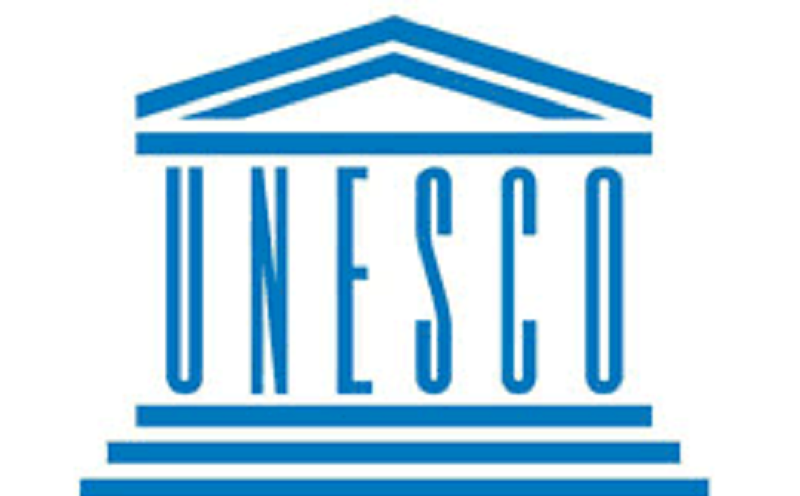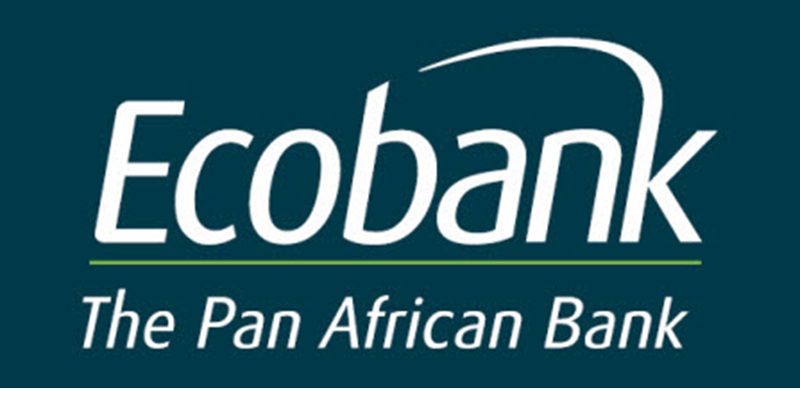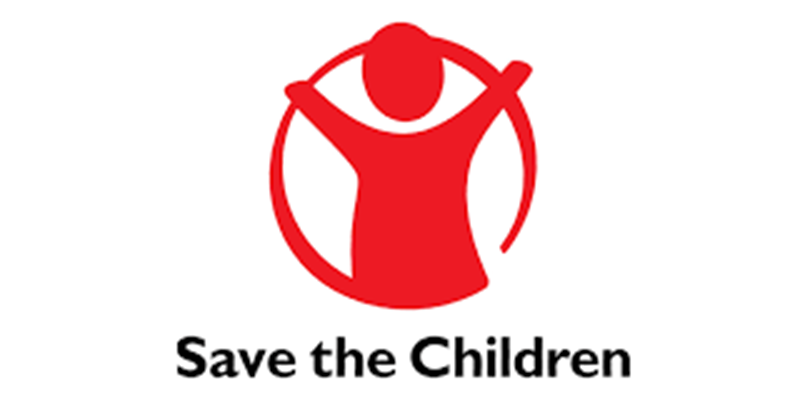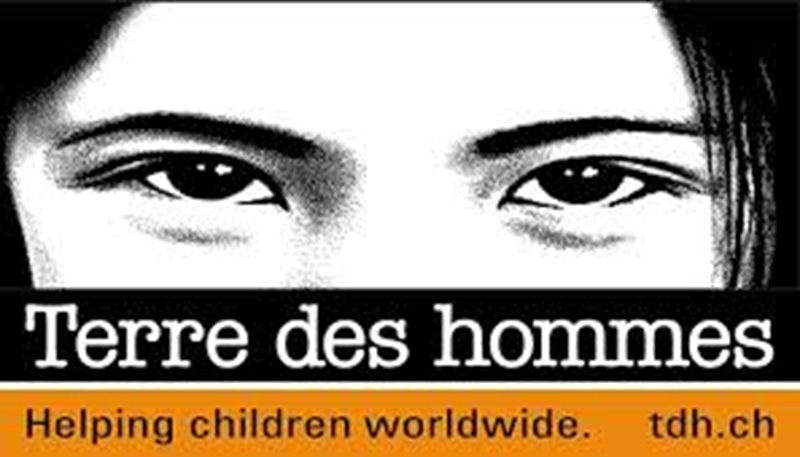IIEP-UNESCO Dakar est le bureau africain de l’Institut international de planification de l’éducation (IIPE) situé à Dakar, au Sénégal. L’IIPE est un institut spécialisé de l’UNESCO dont le mandat est de renforcer la capacité des États membres à planifier et à gérer leurs systèmes éducatifs. L’IIPE-UNESCO Dakar, est réputé pour ses analyses pointues du secteur de l’éducation et soutient les pays africains dans l’élaboration de plans de développement des systèmes éducatifs réalistes et crédibles à l’appui de l’agenda Éducation 2030, un élément essentiel de l’Agenda 2030 pour le développement durable. Grâce à une approche de développement des capacités bien conçue et ciblée, l’IIPE-UNESCO Dakar contribue à la création d’analyses diagnostiques, de plans sectoriels et d’outils pédagogiques. Ensemble, ils contribuent à la mise en place de politiques éducatives plus pertinentes et durables à travers l’Afrique. L’IIPE-UNESCO Dakar est également activement impliqué dans la création de connaissances pour le secteur de l’éducation en Afrique.
OVERVIEW OF THE FUNCTIONS OF THE POST
Under the overall authority of the Director of IIEP and of IIEP-Dakar Head of Office and the direct supervision of IIEP-Dakar Head of the Gender at the Center Initiative (GCI), the incumbent will contribute to activities related to the analysis, planning, implementation, management, and monitoring of education and training policies in Africa. More specifically, the selected candidate will be assigned the following tasks:
1. Assist GCI African countries, as per their requests, in the development, implementation and monitoring of educational policies with a gender perspective:
- Support the development of education and training sector, sub-sector, and thematic diagnosis.
- Support discussions and definitions of educational policy trade-offs and the development of national strategy documents (education policy orientation document, simulation models, education sector plan, expenditure medium term financial framework, budgeted action plan, etc.).
- Support the development of management and Monitoring and Evaluation tools, and the preparation of Joint Sector Reviews.
2. Lead and manage a portfolio of selected GCI countries:
- Assist with developing and sustaining political and education policy management and planning dialogue with the highest authorities of target countries.
- Manage dialogue, exchange and coordination with development partners in country.
- Contribute to addressing crisis, gender and the needs of displaced populations in the planning and management of education (SIDA funding).
- Contribute to the professional development of officials in charge of management of education planning, management and training in GCI countries.
3. Contribute to the implementation of training initiatives developed in the framework of GCI, in collaboration with its partners (University on Gender-Sensitive Education Planning, Cohort programme on Gender institutionalization…).
4. Contribute to production and dissemination of knowledge on gender equality in and through education in Africa, with a specific focus on GCI countries:
- Contribute to the development of a methodological guide on gender mainstreaming in education sector analyses.
- Contribute to the development of a methodological guide for institutional gender analysis in Ministries of Education.
- Contribute to the research project research project on barriers to implementing gender equality in education (KIX/GPE funding).
COMPETENCIES (Core / Managerial)
Education
- Advanced university degree (Master’s degree or equivalent) in Economics, Statistics or Social sciences.
Work Experience
- Minimum four (4) years of relevant working experience in the fields of Education sector analysis, planning and management of education systems of which preferably two (2) years acquired at international level.
Skills and Competencies
- Demonstrable knowledge of African education systems.
- Knowledge of statistical and econometric techniques.
- Excellent knowledge of the use of statistical software such SPSS, SAS, STATA and Microsoft Pack Office (Word and Excel).
- Knowledge of techniques to develop an education and training development plan.
- Good knowledge of the problems facing by the education sector in developing countries particularly in Africa.
- Good knowledge of gender issues in education in Africa.
- Ability to undertake regular missions, especially in diverse and challenging contexts.
- Ability to lead, motivate and support multicultural teams.
- Ability to work under pressure and meet deadlines.
- Excellent interpersonal and communication skills (oral and written).
Languages
- Excellent knowledge of French and good knowldge of English.
DESIRABLE QUALIFICATIONS
Work Experience
- Experience in the design of education and training sector development plans and budgeted action plans.
- Experience in the analysis of gender disparities in education, preferably in sub-Saharan Africa.
Languages
- Knowledge of Portuguese.
BENEFITS AND ENTITLEMENTS
UNESCO’s salaries consist of a basic salary and other benefits which may include if applicable: 30 days annual leave, family allowance, medical insurance, pension plan etc.
For more information in benefits and entitlements, please consult ICSC website.
SELECTION AND RECRUITMENT PROCESS
Evaluation of qualified applicants may include a written assessment exercise followed by a competency-based oral interview.
Cliquez ici pour plus d’informations





